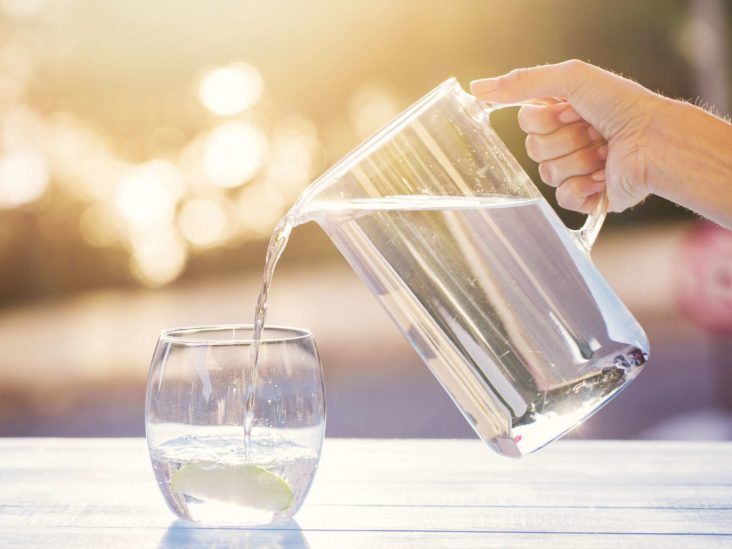
Whether it’s bottled, canned, pouched or boxed, water is still just water … right? Browse the beverage section of any supermarket these days and you’ll likely be bombarded with a lot of options all promising to provide drinkers with ultimate levels of hydration. With sparkling, alkaline and electrolyte-infused options taking up more and more shelf real estate, sometimes it may seem like plain H2O is a relic.
One of the newest additions to this ever-growing list of cool liquids is hydrogen water. It first hit U.S. markets about four years ago, but today, more companies are jumping on the bandwagon to develop their own versions of this supposedly souped-up water.
But what exactly is hydrogen water and how is it made?
Plain tap water already contains hydrogen, but hydrogen water has additional hydrogen gas dissolved into it. It does not alter the pH or change the structure of the water molecule, said Tyler W. LeBaron, the founder and director of the Molecular Hydrogen Institute, a nonprofit that works with universities and other research institutions to study hydrogen.
Hydrogen water is made by bubbling pure hydrogen gas into water, or by using electrolysis, which “decomposes the water molecule to hydrogen gas and oxygen gas,” LeBaron told TODAY.
Since molecular hydrogen is an odorless, tasteless gas, hydrogen water doesn’t taste any different than regular water.
Beverage companies claim that by adding additional hydrogen molecules to their products, the drinker will be able to reap certain benefits, such as gain more energy, reduce inflammation and even slow the aging process.
Hydrogen water has been popular for several years in Japan. According to BevNet, ready-to-drink products and at-home hydrogen water machines have been available in the country for years.
One of the first brands of hydrogen water to show up in the U.S. was HFactor, which hit the market in 2017. It comes in a pouch with a twist top and was included in the Academy Award swag bags given to all the nominees this year. Other hydrogen water brands, like Dr. Perricone’s, HTwo, HyVIDA, are packaged in unique ways, which is a necessity because of the nature of hydrogen.
“Since hydrogen is the smallest molecule in the universe, it will easily escape through plastic containers. However, (the) use of aluminum packages, such as pouches or cans, can successfully be used to store hydrogen-rich water,” LeBaron said.
588 comments. Leave new